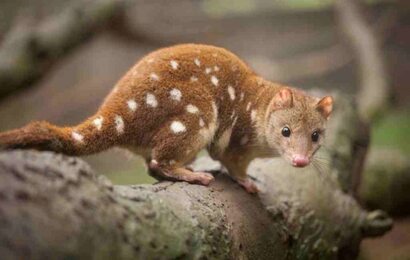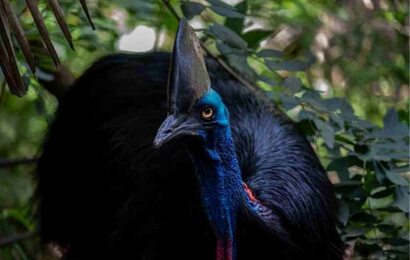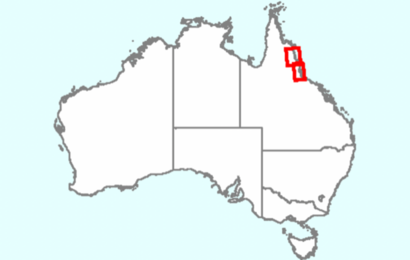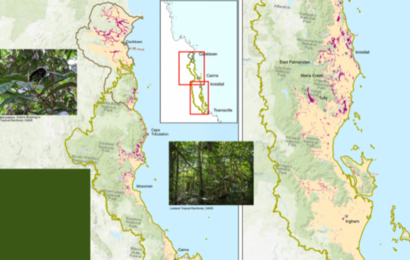
Cassowary, tree kangaroo and quoll habitat declared Endangered
Environment
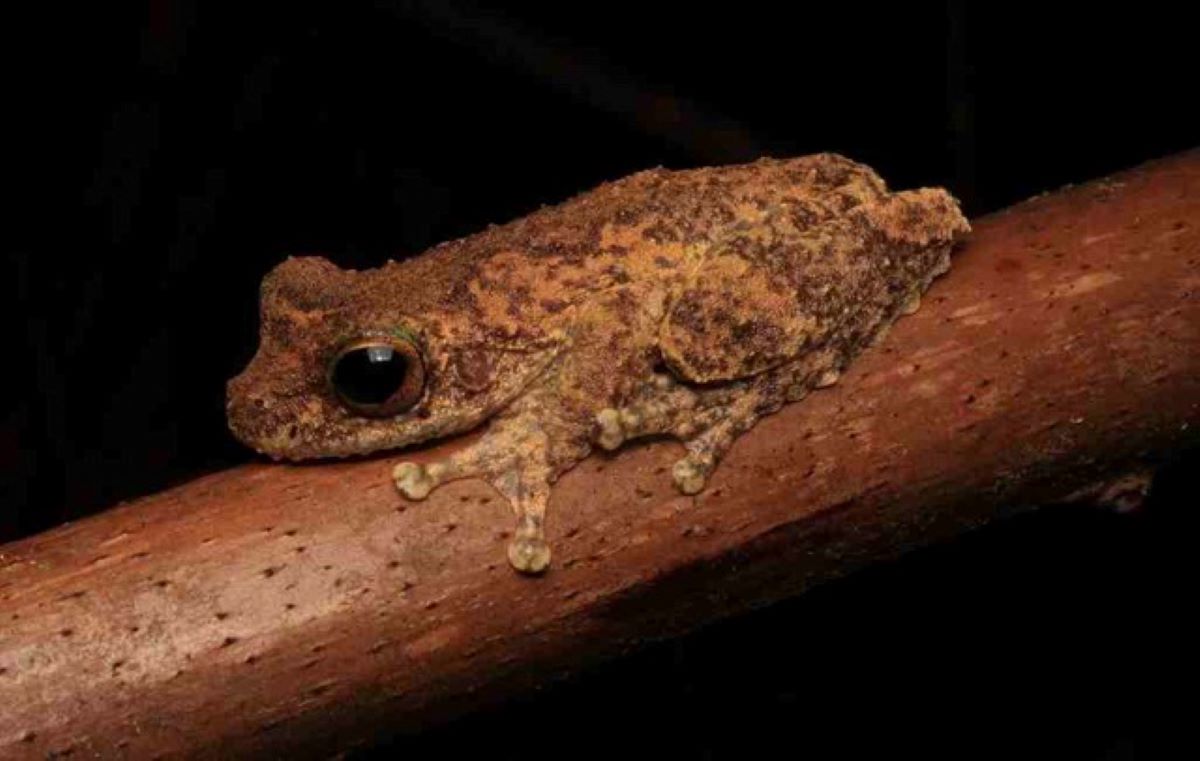
Important habitat for cassowaries and tree-kangaroos in Far North Queensland has had its conservation status elevated with ‘Lowland tropical rainforest of the Wet Tropics’ now recognised as Endangered and listed as a Threatened Ecological Community (TEC) under federal environment legislation.
TEC listings provide historically cleared and at-risk habitats, as well as the animals that live within them, legal protection against further decline and an improved chance at recovery.
Humane Society International (HSI) made the case for the Lowland tropical rainforest Endangered listing in 2017, with Federal Environment Minister Sussan Ley’s decision to list the ecological community following thorough assessment by the Department of Environment and Threatened Species Scientific Committee.
It was found that the community, which occurs between Townsville and Cooktown, has declined by more than 70% in area and had its ability to recover in the face of ongoing threats severely depleted since colonisation.
Tree kangaroos, Endangered quolls, cassowaries, flying-foxes, birds and Critically Endangered plants and frogs such as the elegant frog and Kuranda tree frog will all benefit from the increased protection and recovery prioritisation afforded to the Lowland tropical rainforests.
The community holds rich Indigenous cultural significance and continued connection with First Nations communities living in the area, traveling along traditional pathways and utilising traditional plant and animal resources
Evan Quartermain, Head of Programs for Humane Society International, said “Lowland tropical rainforests have been under enormous pressure from clearing for a variety of uses such as timber harvesting and cane farming since the 1870s and are now less resilient to threats such as weed invasion and cyclones. This Endangered listing will help to ensure their incredible cultural and biological importance is conserved.”
All six Threatened Ecological Communities to have been added to the schedules of the Environment Protection and Biodiversity Conservation Act (EPBC Act) this year were initiated by HSI. We are now responsible for nominations leading to 42 of 96 EPBC Act TEC listings and continue to fight for stronger laws and investment to protect and recover them.
“Drawing on the sensory aromas and citrus flavours of traditional botanicals like angelica, navel oranges and local bush lemons, and ingredients from our rainforest and reef landscape, notably native red finger limes and a touch of seawater, this gin has a special character – it is a harmony of many elements that make it truly unique,” Mr Norman said.
“We are blessed here in Far North Queensland with an extraordinary range of exotic tastes and flavours at our fingertips, which in essence, along with the tropical climate, rainforest water and time-honoured traditions of the best distilleries in the world, comprise the award-winning cornerstones of Devils Thumb,” he said.
Thank you!
Newsport thanks its advertising partners for their support in the delivery of daily community news to the Douglas Shire. Public interest journalism is a fundamental part of every community.
Got a news tip? Let us know! Send your news tips or submit a letter to the editor here.
* Comments are the opinions of readers and do not represent the views of Newsport, its staff or affiliates. Reader comments on Newsport are moderated before publication to promote valuable, civil, and healthy community debate. Visit our comment guidelines if your comment has not been approved for publication.
